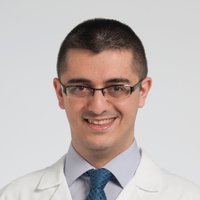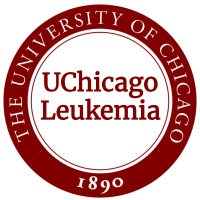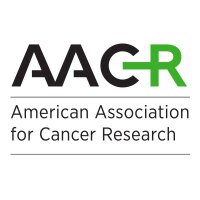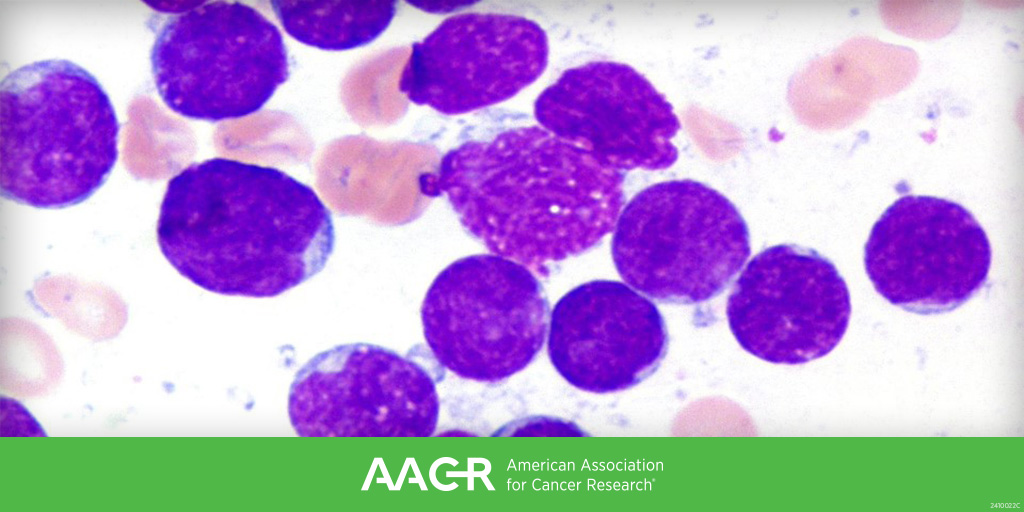
Caner Saygin, MD
@canersaygin
Leukemologist @UChicago | Alumni of @UCHemOncFellows, @OhioStateIMRes, @CCLRI | #Leukemia, #MDS, #CHIP physician-scientist. Tweets=own opinions.
ID: 2234768227
http://voices.uchicago.edu/sayginlab/ 07-12-2013 16:32:54
2,2K Tweet
1,1K Followers
967 Following



Congratulations to Kate Shimamoto Habib El-Khoury, MD and Ethan Harris for their ASH #ASH24 Abstract Achievement Awards! Saygin Lab has some cool science to present in San Diego!

Amazing The Leukemia & Lymphoma Society Light the night event at Soldier Field, Chicago tonight. Always inspiring to be part of this organization.


Ph-like B-ALL is a very high risk subset and SOC is inadequate. A study led by Ibrahim Aldoss City of Hope showed activity of VEN +10403 in B-ALL. Our lab (Kate Shimamoto Diren Arda Karaoglu, MD) BH3 profiled samples, found ⬆️BCL2 dependence in Ph-like ALL, which correlates with response.

Dr. Nina Niu Sanford We desperately need a DOGE for clinical trials!

🧬🩸Proud of the science that our lab will present at #ASH24 this weekend: 1) Targeting menin in T-ALL: Kate Shimamoto 2) CH in pediatric ALL survivors: Habib El-Khoury, MD Ella Postich 3) Evolution of CH on vs off lenalidomide: Jen Cooperrider Diren Arda Karaoglu, MD 4) TP53m ALL: Ethan Harris


Spotted some of the trainees from UChicagoCancerCenter leukemia team having good time at #ASH24 ash-a-palooza with the white! Ella Postich Kate Shimamoto Diren Arda Karaoglu, MD University of Chicago Hematology/Oncology



If you are interested in hearing about how lenalidomide maintenance and discontinuation effect TP53-mutant clonal hematopoiesis, come and see our data at Marriott Pacific Ballroom at 2 pm. #ASH24 University of Chicago Hematology/Oncology

Jen Cooperrider presenting cool data on how TP53-mutant CH progresses during myeloma therapy. So proud of our team! Diren Arda Karaoglu, MD #ASH24 UChicagoCancerCenter


Jennifer Cooperrider, MD presented incredible data today at #ASH showing TP53 clone stability after discontinuation of treatment in multiple myeloma pts. Ben Derman Caner Saygin, MD University of Chicago Hematology/Oncology UChicago Leukemia Program


#ASHKudos to Kathryn Shimamoto on receiving abstract achievement award for her wonderful work👏👏👏 #ASH24 Kate Shimamoto Caner Saygin, MD University of Chicago Hematology/Oncology UChicago Leukemia Program


So proud of these amazing mentees presenting their exciting leukemia research at #ASH24 Habib El-Khoury, MD Kate Shimamoto Ella Postich Diren Arda Karaoglu, MD MedChiefs UChicagoCancerCenter UChicago Leukemia Program


🩸 UChicago Medicine faculty and trainees presented ground breaking research and advancements in blood cancers at a recent #ASH Annual Meeting. 🧬📰 University of Chicago Hematology/Oncology UChicago Leukemia Program Check out the full list of presentations here 👉 ow.ly/TRFW50Uv9lt



check out this new paper featuring Caner Saygin, MD as co-author which looks at the impact of TP53 mutations and TET2 deficiency on leukemogenesis! pubmed.ncbi.nlm.nih.gov/40111422/



Congratulations Nicole Arellano and Elf Lab 🇺🇦🏳️🌈🏳️⚧️⚧️👊🏾👊🏽🌈🟧! Beautiful story, very well done!

new work in Blood Journal featuring Caner Saygin, MD as co-author looking at type 2 CALR mutations and BCL-xL in MPNs! pubmed.ncbi.nlm.nih.gov/40403318/


